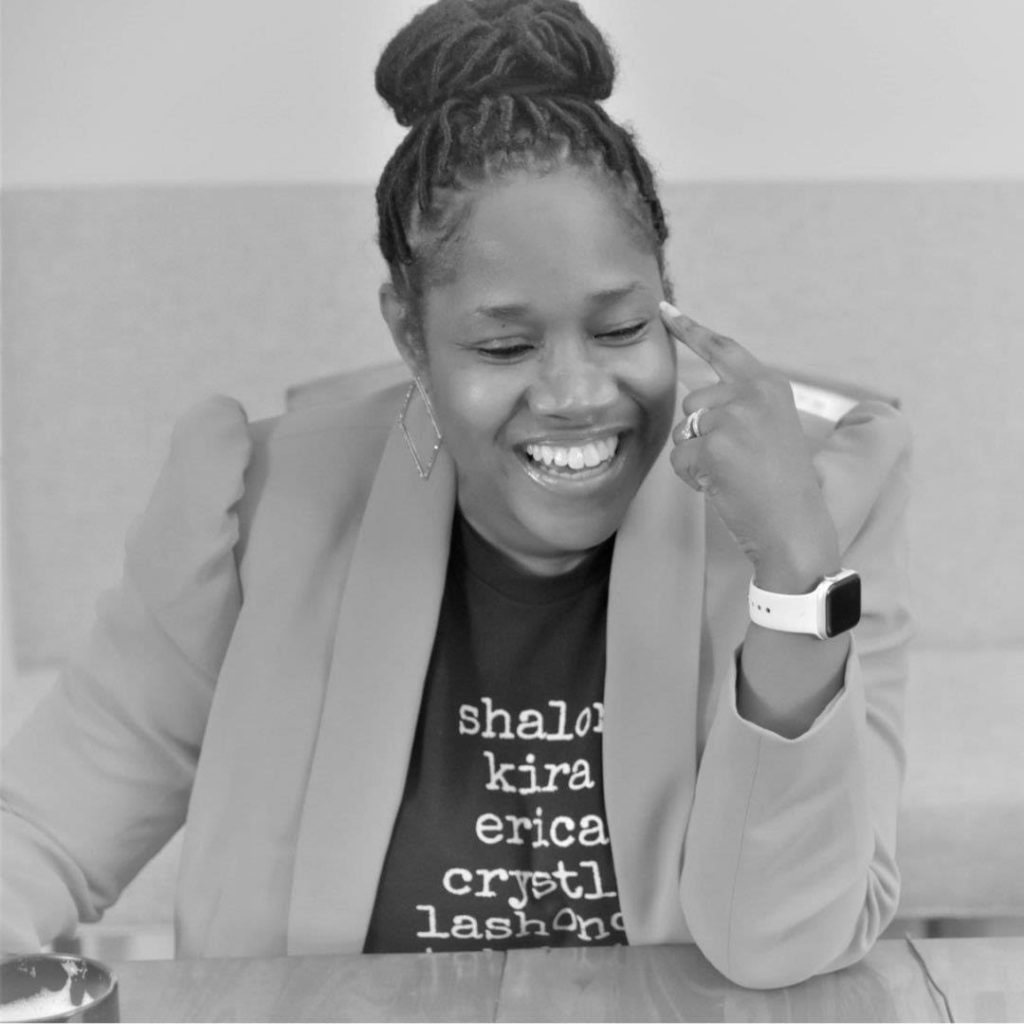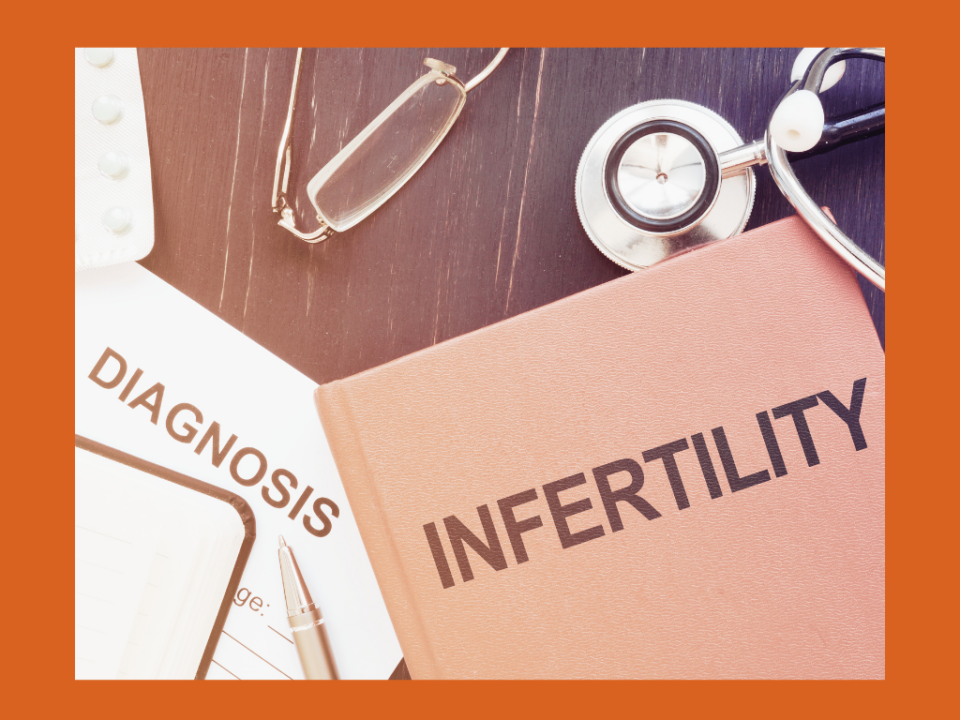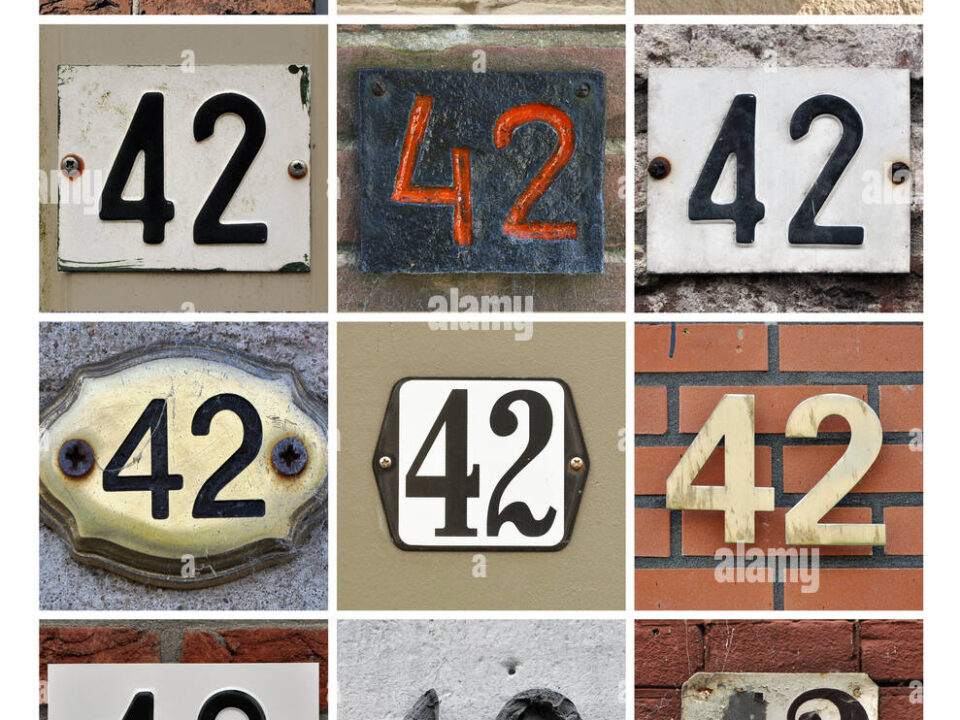
Nanane McDermott
March 19, 2021
Grief Hour
March 19, 2021By Tomeka Isaac, mom to angel baby Jace and founder and executive director of Jace’s Journey
On May 17, 2018 I woke up in a Surgical Intensive Care Unit (STICU) intubated with mitts on, swollen with my abdomen still open and wrapped in a binder. Two days prior, on May 15, I was rushed to the emergency room after passing out at home. I was 35 + 4 weeks pregnant.
At the ER we were told that our son Jace would be born still and I was diagnosed with Hemolysis Elevated Liver Enzymes Low Platelet Syndrome also known as H.E.L.L.P. As we waited to be transported from one hospital to another, a CT Scan was ordered. As I was in transit to the other hospital, the CT Scan revealed I was bleeding internally. My medical records actually say that I had a liter of blood in my abdomen with a softball sized blood clot on my liver. I had just celebrated my 41st birthday and came very close to that being the last one I would ever celebrate. I am what you would consider a “Maternal Near Miss”, which means I came close to maternal death but did not die. I know there is no way to predict every outcome related to pregnancy but here are a few things I wish I knew before getting pregnant at 40.

1. There is a Maternal Health Crisis
According to the Centers for Disease Control (CDC), pregnancy related deaths have more than doubled over the last 25 years in the United States. To go a little deeper, there are also considerable racial and ethnic disparities in pregnancy related mortality. To be more specific, there is a BLACK Maternal Health Crisis within the maternal health crisis. If you live under a rock and have not seen any of the news around this issue, let me be the first one to tell you that in the U.S., black women are 3 to 4 times more likely to die from pregnancy related causes than any other race and are twice as likely to experience life-threatening complications which is commonly referred to as Maternal Morbidity. I had absolutely no idea.
No, I wouldn’t expect for my non-black OBGYN or any OBGYN to tell me this, but I do wish that someone would have. This is not a new crisis; this has been going on for years and the numbers are not getting better. I think that knowing this upfront would’ve forced me to make better decisions about my providers and my birth plan.
2. What being labeled “high risk” really meant
I was told I was high risk from the beginning, meaning that I was high risk for pre-eclampsia due to my age. I was put on a low dose of aspirin to help prevent pre-eclampsia. I thought that being high risk meant that they would take extra precautions with my pregnancy, for example give me more tests or more frequent appointments. The facts are that during my pregnancy my OBGYN failed to provide standard urine tests and honestly, all high risk really meant for me was that my ultrasounds would be performed by Maternal Fetal Medicine. That’s it. Which really didn’t make a difference in the long run. The last appointment before losing Jace and being diagnosed with H.E.L.L.P.S and hospitalized was with Maternal Fetal Medicine and they told me everything was fine. THEY WERE WRONG!!!!
3. We could die
I know that anything can happen and there is a risk in everything that we do, but I honestly never thought either of us would not survive. Women have children every day, right? The truth is that two women die every day from pregnancy related causes and two babies die every hour in the U.S. The fact that we spend more on healthcare than any other country and have one of the worst maternal mortality rates is mind blowing. Especially when you throw in the fact that 60% of pregnancy related deaths are preventable. Yes 60%. We lost our son. I spent 45 days in the hospital, our lives were forever changed over an illness that could’ve been detected through a urine sample had one been administered. Totally Preventable.
4. How much I didn’t know
It seemed easy enough. Get pregnant, have a baby and if you want to you can just repeat the same process. WRONG!! It took us almost two years to get pregnant with Jace. I don’t think I knew enough about being pregnant to be pregnant. Sometimes I think even after everything I have learned in the aftermath of our pregnancy journey I still don’t know enough. I was not prepared. I took for granted that my provider would do what they were supposed to do to ensure my son and I made it out alive. I trusted in a system that was broken long before I was pregnant and that cost us more than you could ever imagine. I didn’t ask enough questions and I didn’t know what I didn’t know. I didn’t know that protein in your urine was a symptom of Pre-eclampsia. So, when they weren’t taking urine samples, it wasn’t a red flag for me. I didn’t know that high blood pressure doesn’t have to be present for HELLP Syndrome. I didn’t know what H.E.L.L.P Syndrome was. There isn’t enough time in a 10-minute prenatal appointment to go over everything you need to know. You shouldn’t have to know all of this stuff. You should be able to trust your providers. You should be able to survive pregnancy and childbirth. It shouldn’t be a death sentence. This is why the last thing I wish I knew is so important.
5. That I Needed a Doula
I didn’t really know what a doula was when I was pregnant. I had heard the term but always associated it with having a home birth and at the time that thought terrified me.
EVERY BIRTHING PERSON NEEDS A DOULA. I REPEAT, EVERY BIRTHING PERSON NEEDS A DOULA.
So, what is a doula? According to the Mayo clinic, “A doula is a professional labor assistant who provides physical and emotional support to you and your partner during pregnancy, childbirth and the postpartum period”. Why you need one is explained in the definition. If you’re still not convinced, “A recent Cochrane Review, Continuous Support for Women During Childbirth, showed a very high number of positive birth outcomes when a doula was present. With their support, women were less likely to have pain-relief medications administered and less likely to have a cesarean birth. Women also reported having a more positive childbirth experience” (American Pregnancy Association).
There are several types of doulas from fertility to grief and everything in between. Do some research and decide which type of doula will fit your needs. Every doula isn’t for everyone so make sure you choose someone who you feel comfortable with. Doulas are not medically licensed professionals and neither am I so please understand this recommendation is not for you to fire your medical staff but to inform you of additional support through your pregnancy journey. I wholeheartedly believe that if I had a doula, I wouldn’t be writing this right now. I also believe that looking back on everything I didn’t know; a doula would’ve provided the support I needed for a better outcome.
I could probably write a book about all the things I wish I knew and there is even more left to learn, however, these are my top 5 and I hope they will help you on your journey to a successful pregnancy.

In 2017, Tomeka James Isaac set out to find decent healthcare for her pregnancy with her son Jace. This journey would set her stranded in uncharted territory. Losing Jace and surviving H.E.L.L.P Syndrome caused Tomeka to re-examine the facts of their medical diagnosis to see what happened, what needed to change, and what could be done to prevent this from happening to anyone ever again. The tragic, yet preventable death of Jace and almost losing her life in the process birthed an unbridled passion and purpose to spread awareness and to be a catalyst for change as it relates to racial and implicit biases faced by African American women and infants on a daily basis. Tomeka’s ambition for Jace’s Journey, where she is the co-founder and Executive Director, is to help educate the medical community and the general public on what to look for when treating the African American population and how to dispel or eliminate the misnomers and biases that these mothers face during pregnancy and childbirth.
If you are interested in sharing your own story or knowledge, we would love to share your Friday Five! Contact us to learn more!




